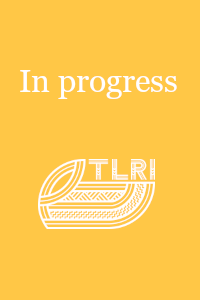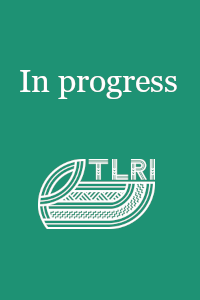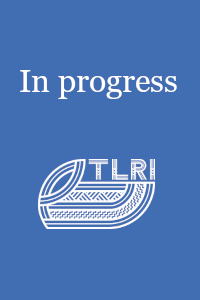
Early childhood teacher practices for supporting oral language acquisition and competency for children from Pacific heritages
Our project uses a multiple case-study design to investigate how EC teachers in both Pacific and non-Pacific ECE settings can effectively support oral language acquisition and learning for children from Pacific heritages. At the heart of this research is our focus on quality teacher-child practices and interactions that support children’s oral language learning and development. Our project draws on Pacific values of respect, reciprocal relationships, family and belonging (Rimoni, Glasgow & Averill, 2022) together with alofa (love and commitment), tautua (service and responsibilities, and fa’aaloalo (respect and dignity) (Luafutu-Simpson, 2011) and uses Pacific methodologies of teu le va and talanoa to enable researchers, teachers and whānau to share and build understandings



